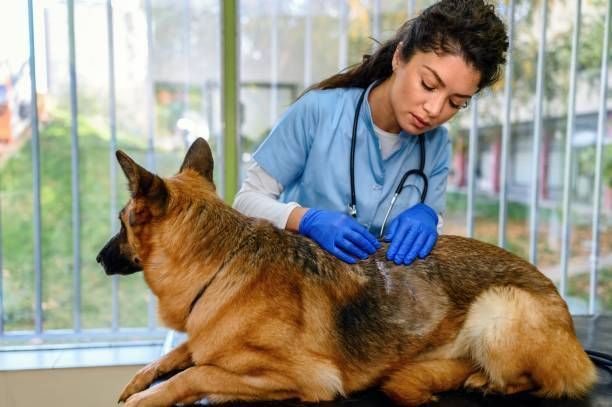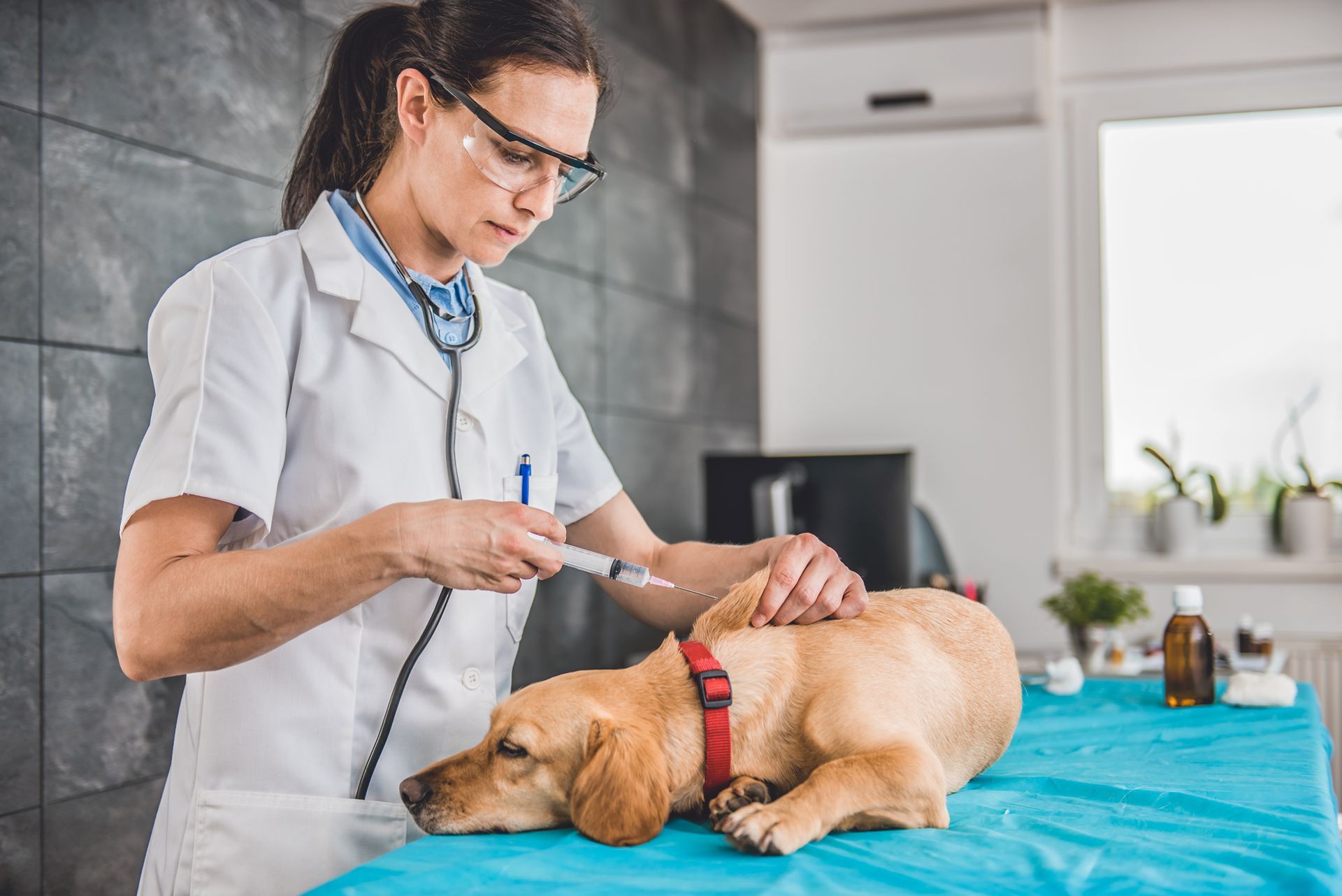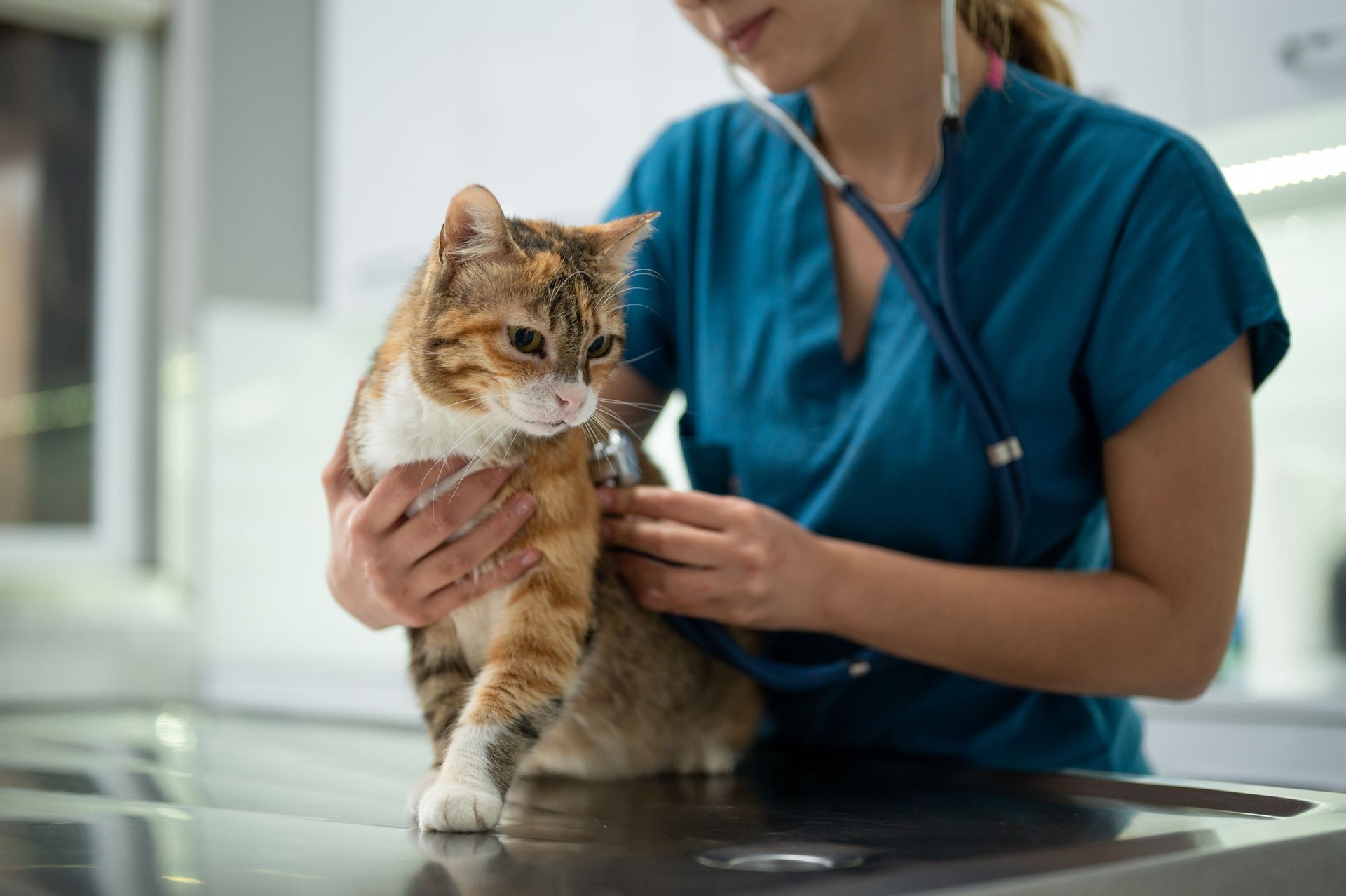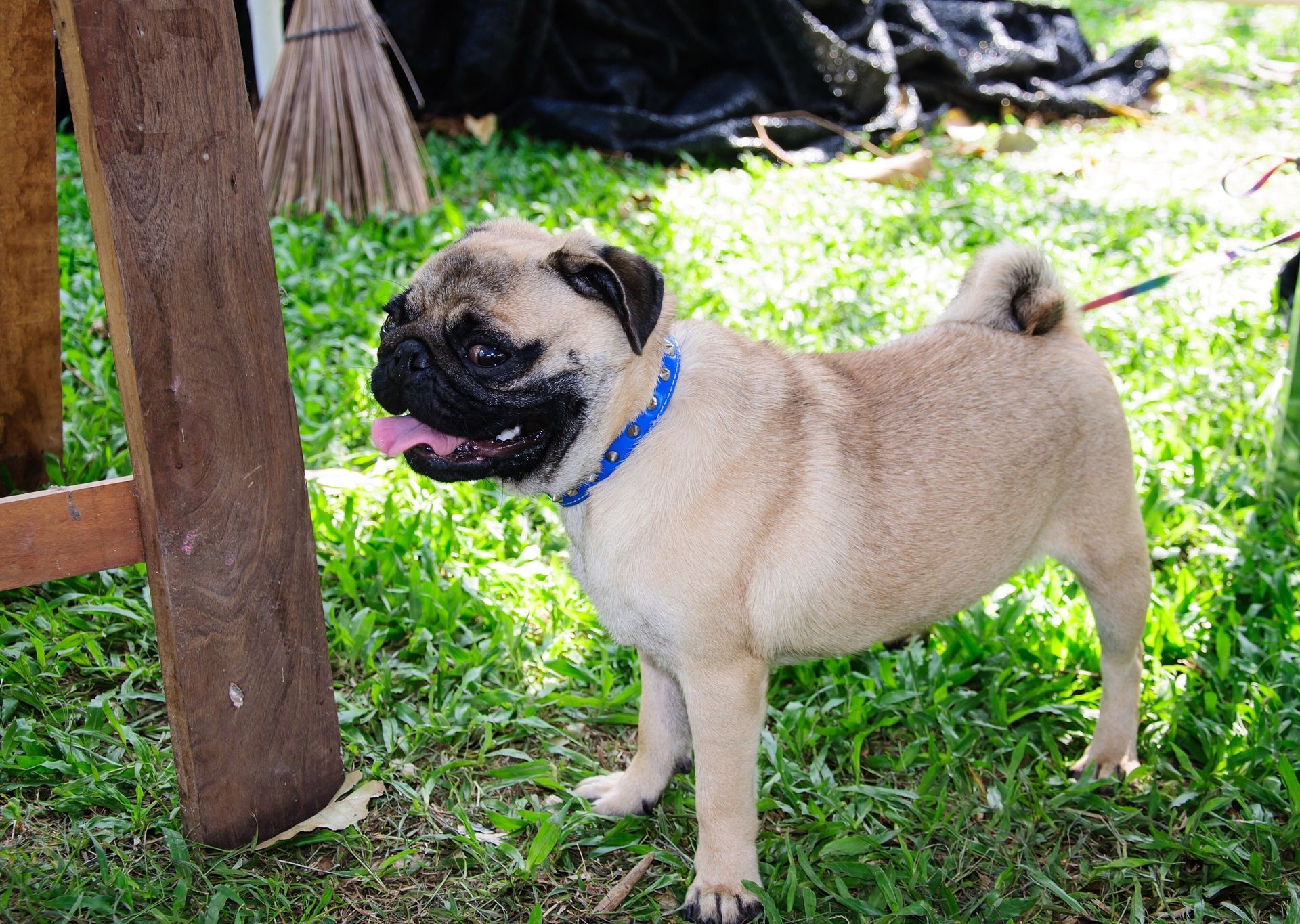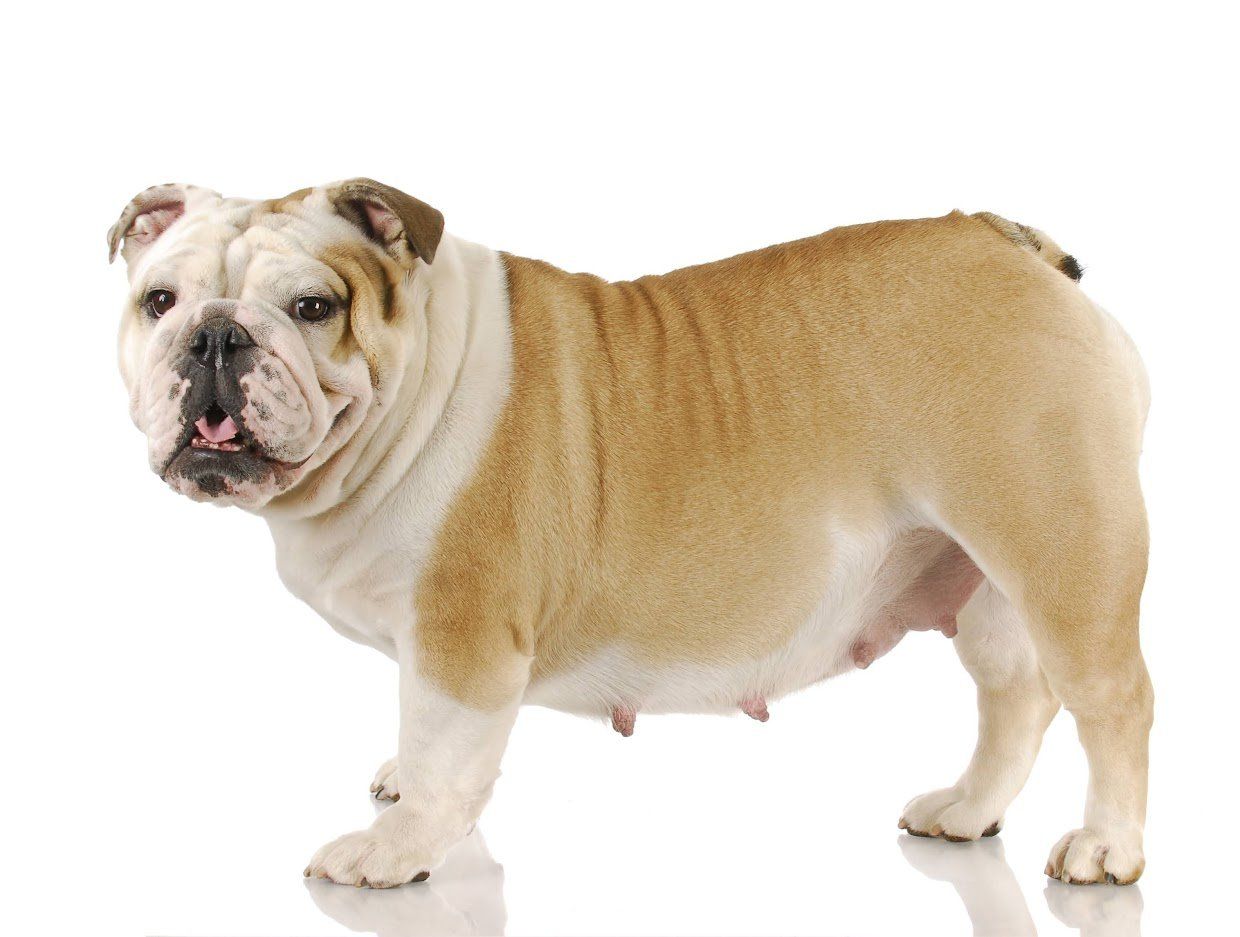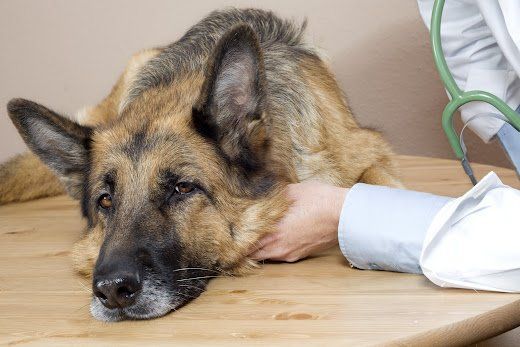Blog Post
Kennel Cough and Your Pet
Admin • October 21, 2021

Dogs, cats, and certain other household pets can develop a cough now and then, just as humans can. In some cases, however, that nagging, hacking cough you hear coming from your pet may stem from a potentially serious bacterial infection known as kennel cough. This condition may require veterinary intervention.
Because kennel cough spreads easily among animals and can pose genuine problems for high-risk pets, owners need to understand some basic facts about this respiratory infection, from its causes and symptoms to diagnosis, treatment, and prevention. Take a moment to acquaint yourself with the following key information.
Kennel Cough Causes
Kennel cough's medical name, bordetella, comes from the bacterium that causes it, Bordetella bronchiseptica. This germ often infects dogs and cats, but it can also invade the bodies of other mammals such as rodents, pigs, rabbits, horses, and even humans, who may then transmit it to others through airborne water droplets.
Kennel cough tends to spread from animal to animal in closed or tight spaces, especially in humid areas with insufficient ventilation. As the common name for the disease implies, kennels and boarding facilities can easily expose infected pets to non-infected pets. Do g parks and animal shelters also serve as kennel cough breeding grounds.
Kennel Cough Symptoms
Pets who come down with kennel cough typically develop upper respiratory symptoms such as coughing and sneezing. A dog's cough may take on a honking sound characteristic of the disease. Cats may display more issues such as eye discharge, conjunctivitis, and swollen lymph nodes around the jaw.
As in many infectious diseases, kennel cough can have effects on the whole body, not just the respiratory tract. Your pet may show signs of extreme lethargy, loss of appetite, depressed mood, and fever. Since other infections can cause the same symptoms, you'll want to have a veterinarian check your unhappy pet.
Kennel Cough Treatment
Your veterinarian can diagnose kennel cough by observing the obvious symptoms, measuring your pet's vital signs, and taking throat swabs. The samples on the throat swaps will then reveal the presence of Bordetella bronchiseptica (or another germ responsible for your pet's condition) when subjected to laboratory analysis.
Healthy pets can usually recover from mild kennel cough simply by letting the infection run its course over a couple of weeks. Your veterinarian may recommend supportive care strategies such as rest, hydration, and prescription cough suppressants. If you walk your dog, use a restraint that won't put pressure on the airway.
Pets suffering from more severe kennel cough may develop serious complications such as pneumonia. If your pet shows signs of such complications, your veterinarian may need to hospitalize your pet and provide emergency care. Antibiotics such as doxycycline can help bring severe kennel cough under control.
Kennel Cough Prevention
Vaccination offers the simplest and most effective means of preventing kennel cough in your dog or cat. Although veterinarians don't consider this vaccination one of the core ones that every pet should have, your vet may recommend it if you plan on keeping your pet in close contact with other animals.
Unlike some vaccinations that always involve injections, vaccinations against kennel cough may also take the form of inhaled or oral drugs. Your pet will most likely receive two doses a few weeks apart. You'll also need to schedule a booster for this vaccination every six months to one year; follow your vet's recommended schedule.
Whether your beloved pet needs treatment for kennel cough or you simply want to prevent it from contracting this troublesome illness, Baywood Animal Hospital can help. Contact
our veterinary office today to schedule diagnostic testing, vaccinations, or any necessary treatment.
Share
Tweet
Share
Mail
BROWSE OUR WEBSITE
CONTACT INFORMATION
Address: 10843 Philips Hwy, Jacksonville, FL 32256
Phone: (904) 262-1986
Fax: 904-262-7014
E-mail: baywoodjax@bellsouth.net
OUR LOCATION
Content, including images, displayed on this website is protected by copyright laws. Downloading, republication, retransmission or reproduction of content on this website is strictly prohibited. Terms of Use
| Privacy Policy

